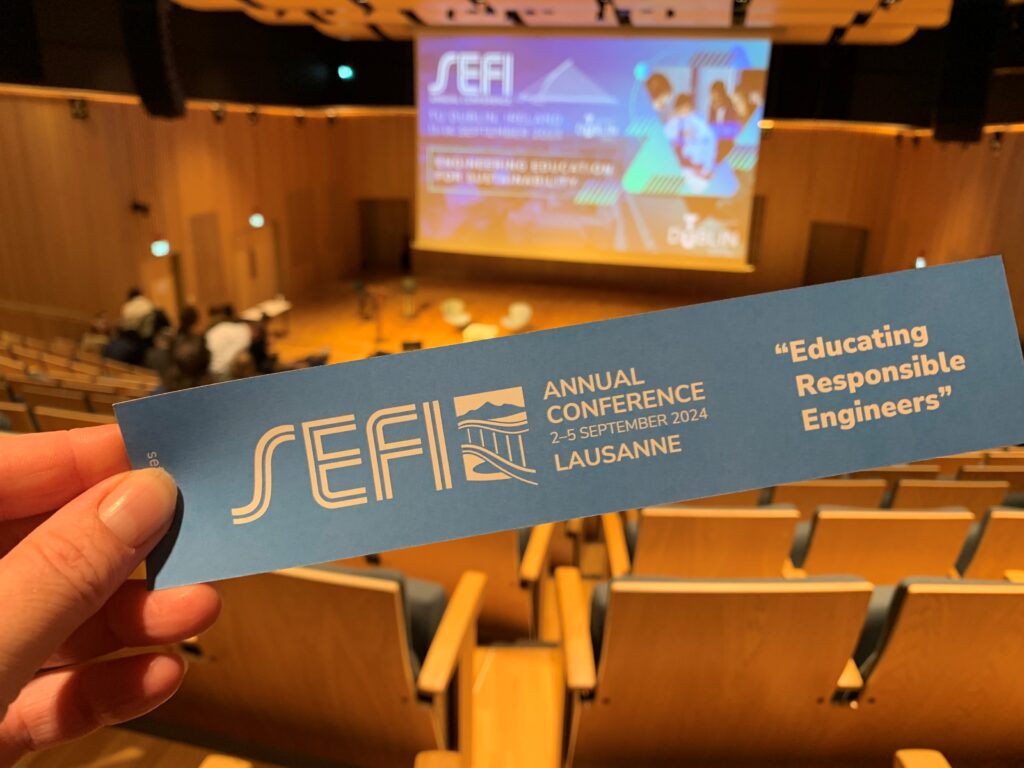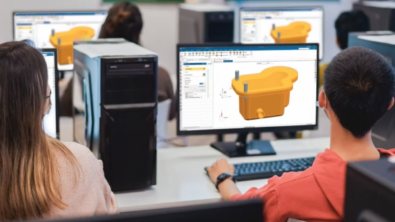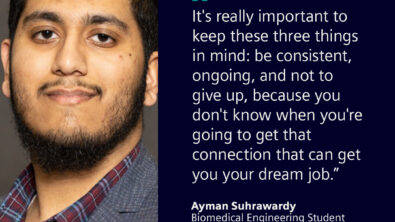Event Recap: Sustainability, STEM, and Education at the SEFI Annual Conference
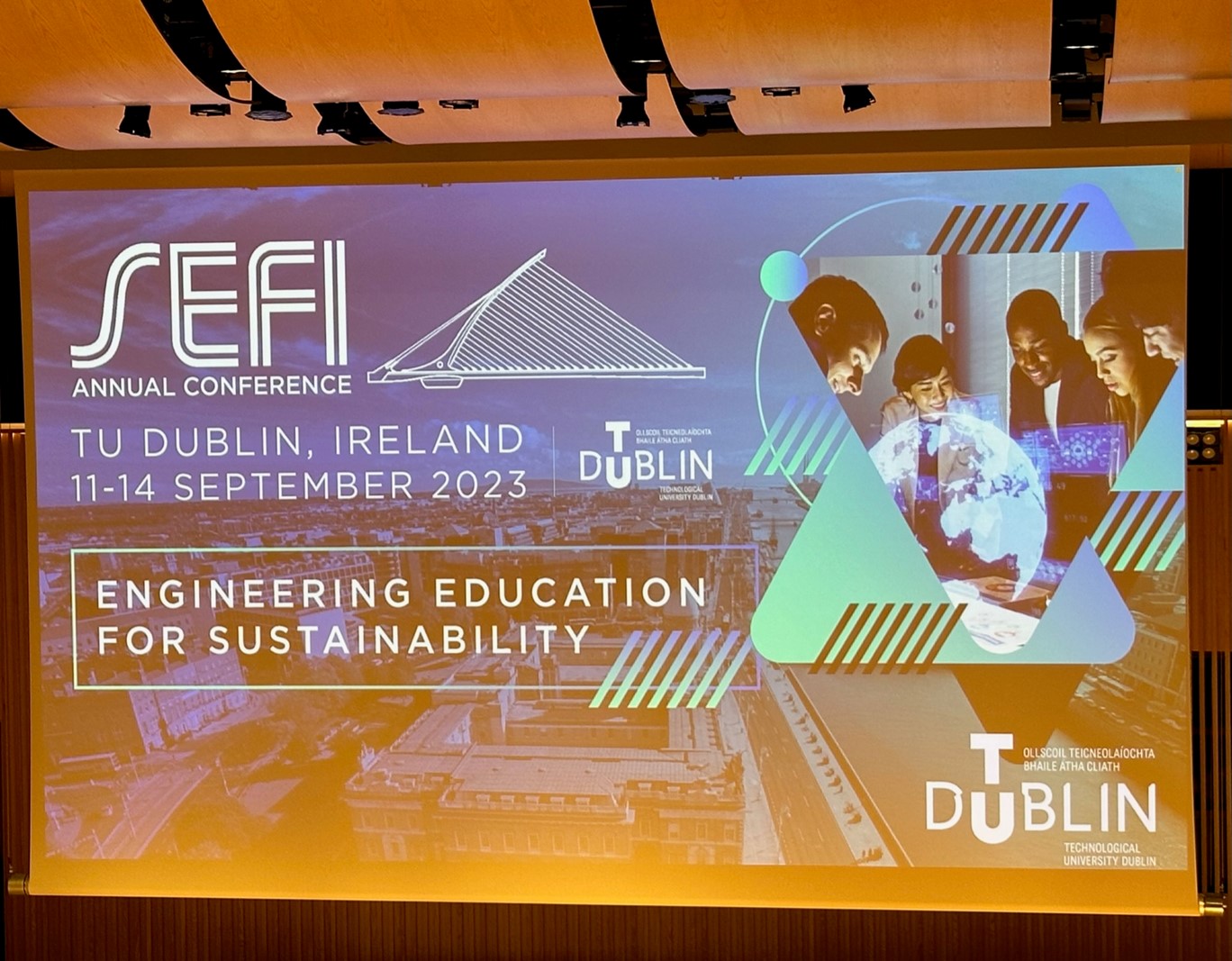
This year, Siemens was an active participant in the SEFI Annual Conference, which was held in Dublin, Ireland from September 11-14. Not only did this conference mark the 50th anniversary of SEFI, but it was also SEFI’s largest conference to date. It was a great event that brought together academics, students and industry professionals to discuss the future of engineering education.
The conference had a warm and welcoming feel, and it was clear many attendees had been participating for many years, so there was a great sense of community. The central theme of the conference was “Engineering Education for Sustainability,” a topic that has gained significant traction in recent years. The majority of those in attendance presented at least one paper during the conference with topics ranging from ‘Sustainability in Engineering Education’ and ‘Women in STEM’ to ‘Virtual & Remote Education’ and ‘Technology for Support of Teaching and Learning’. The educators who presented showed passion, enthusiasm and a willingness to learn new or different ways of teaching. It was inspiring to hear and participate in the many workshops and sessions that were part of this conference.
The Importance of Sustainability in Engineering Education
One of the key takeaways from the conference was the growing recognition of engineering and technology education’s role in fostering a sustainable world. The discussions emphasized that sustainability is not just an add-on but should be integrated into core engineering curriculums. This shift in perspective is crucial when preparing the next generation of engineers to take on global challenges such as climate change, resource depletion, and social inequality.
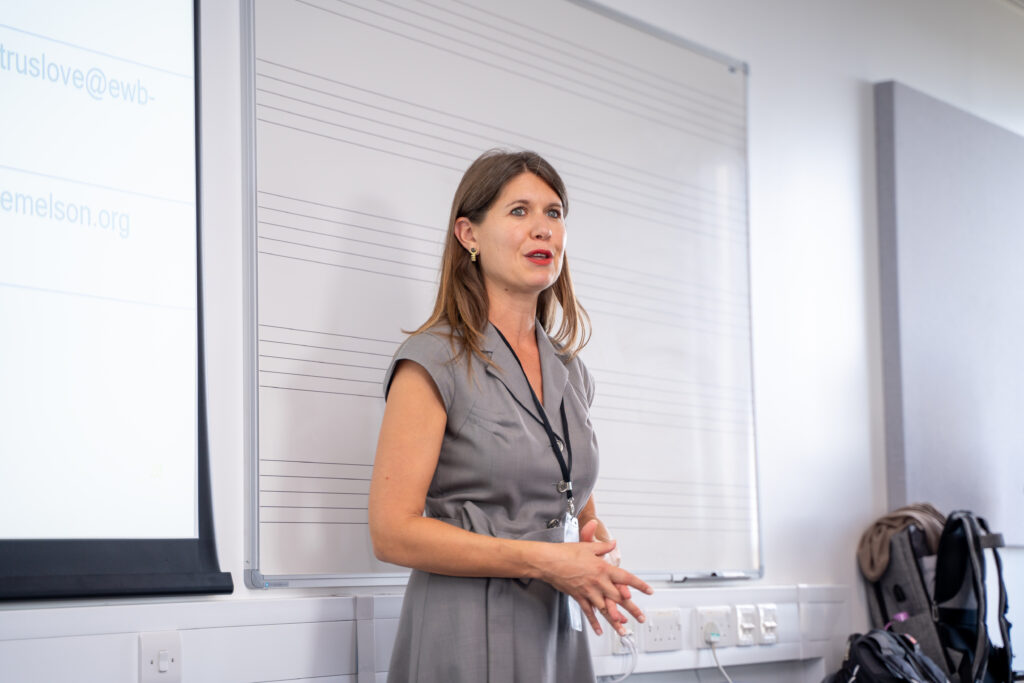
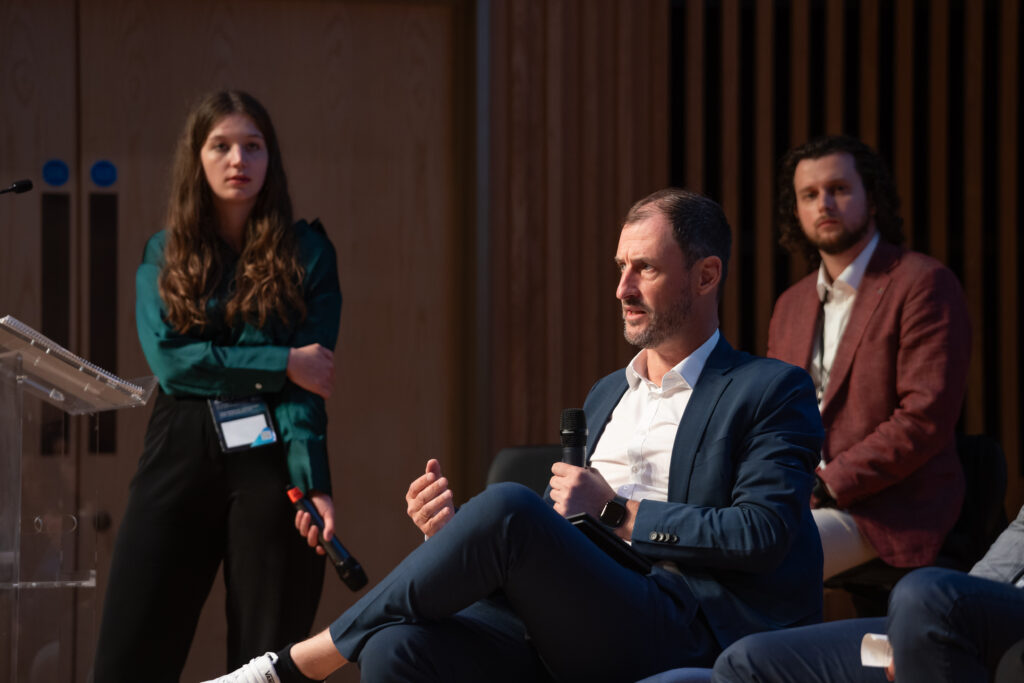
Industry Panel: “Which engineering is needed for AI?”
This panel discussed the transformative impact of AI across industries and the specific skill sets required to utilize it. Industrial customers are increasingly seeking both technical and soft skills for AI integration. To meet these needs, the panel recommended that engineering universities should consider the implementation of Dual Learning, Micro Certificates, and Project-Based Learning in their curricula.
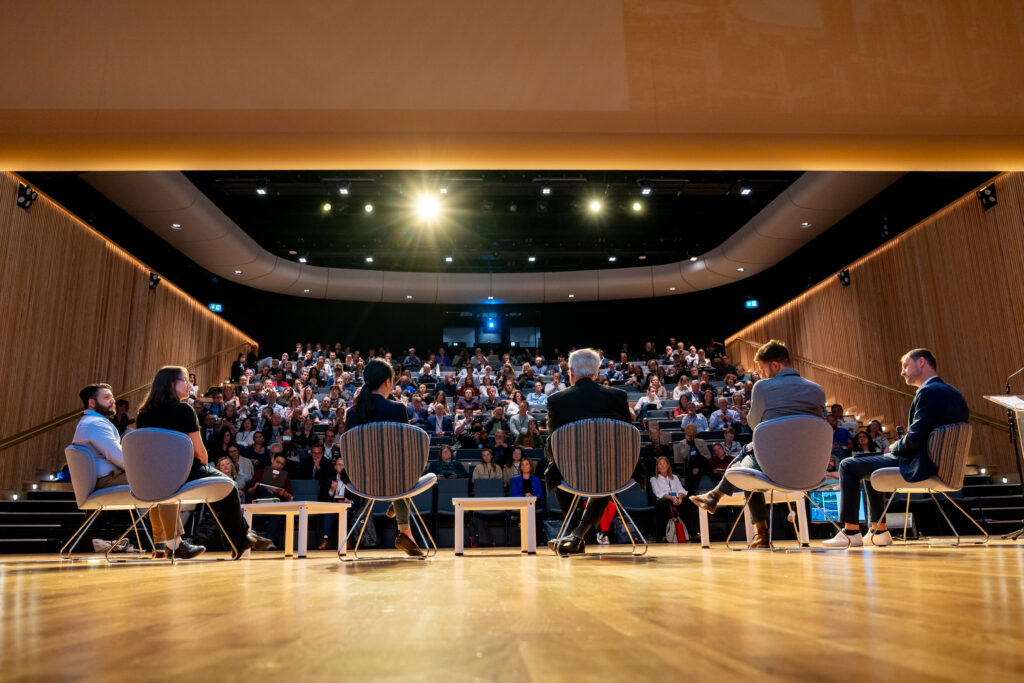
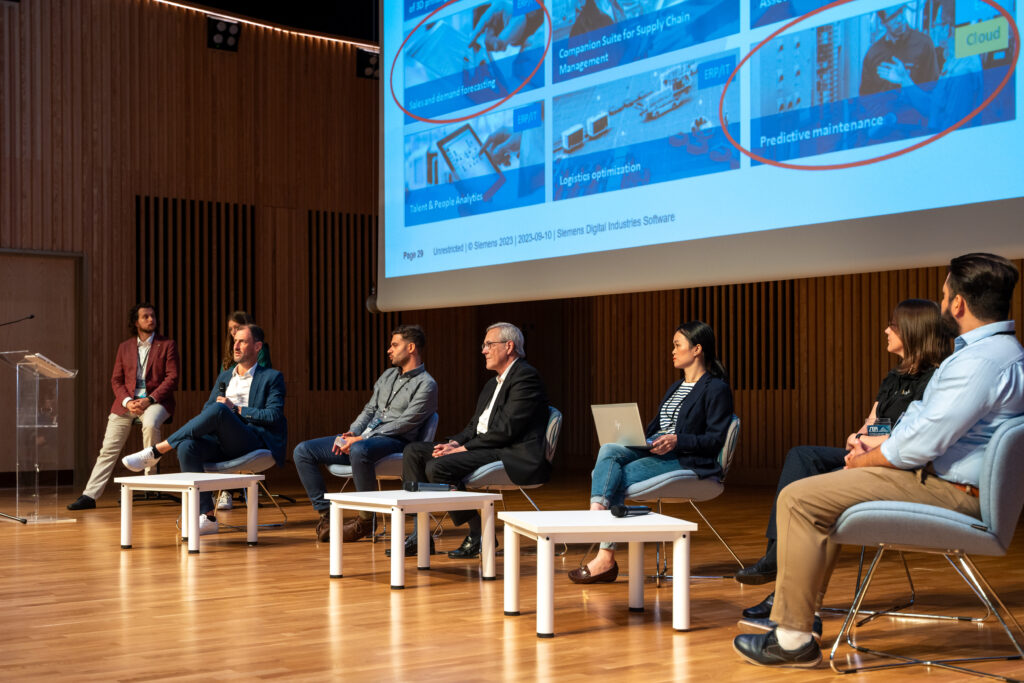
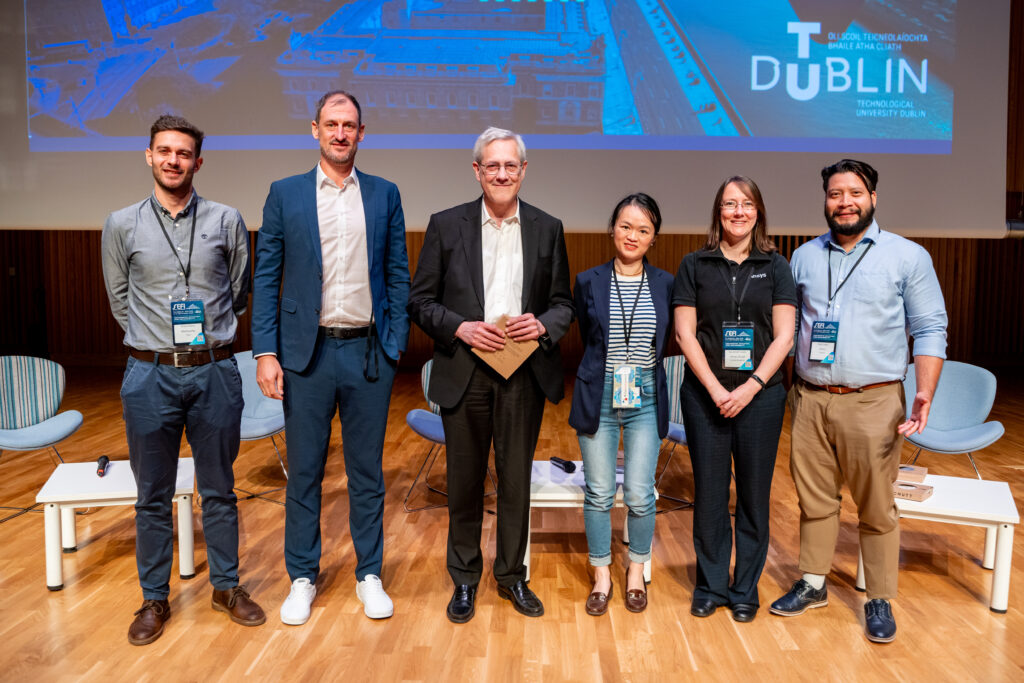
Networking and Collaboration
The SEFI Annual Conference served as an excellent platform for networking and collaboration. Over 500 professors, students, and industry professionals from Europe, the U.S. and Australia had the opportunity to exchange views, share research findings, and establish a European network of contacts.
Conclusion
Attending SEFI 2023 was an exciting experience that provided valuable insights into the evolving landscape of engineering education. The conference not only offered a comprehensive overview of current trends but also paved the way for future innovations in the field. It is evident that sustainability will continue to be a focal point in engineering education and when shaping the engineers of tomorrow.
Next year’s SEFI Annual Conference will be in Lausanne, Switzerland from September 2– 5, 2024. Siemens is looking forward to participating again!
